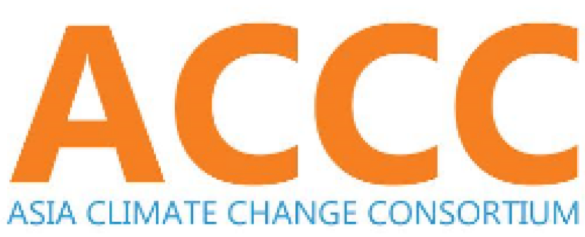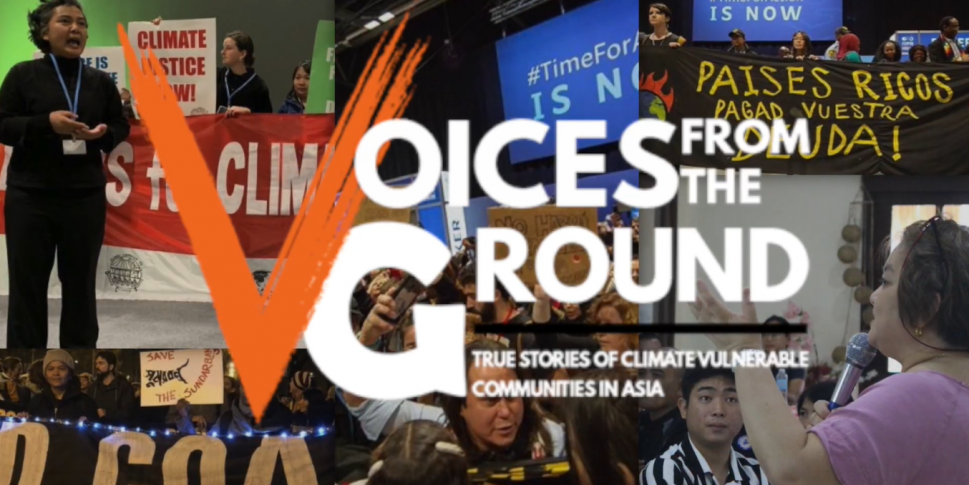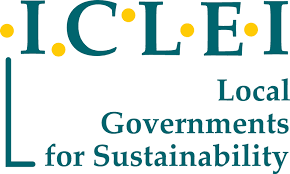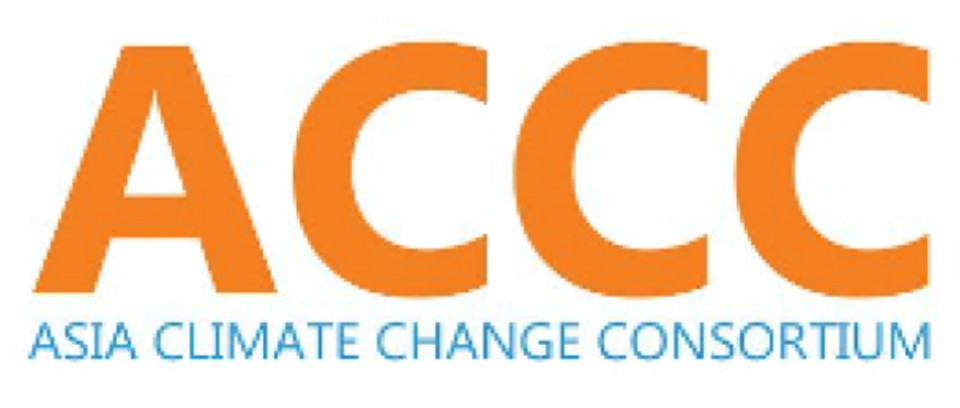It is time! It is urgent!
We need to #MakeItRightforClimatePeoplesAndEcosystems
Hear the Voices from the Ground, a series of minute videos featuring the stories of lived experiences from communities affected by climate-related hazards, and highlight solutions they are doing to help them improve their resiliency.
Nong Payorm, Phichit, Thailand
A farming community in Nong Payorm District, Phichit Province, Thailand are directly confronting the harsh realities of climate change. In addition to the threat of climate change, false solutions that are being implemented in their area, added unnecessary risk such as flooding, which caused additional inconvenience to the community.
Climate Watch Thailand is collaborating and engaging with the farming community of Nong Payorm District and amplifying their voices, concerns and locally farming initiatives. Farmers here are empowered to share their struggles and initiatives. But all of these interventions will go to waste, if false solutions such as carbon trading continues, rich countries and corporations will continue to avoid their mitigation obligations.
Sta. Magdalena, Sorsogon, Philippines
Sta, Magdalena, Sorsogon is one of the most vulnerable municipalities in the Philippines, especially to Tropical Cyclones, since the province faced directly to the Pacific Ocean. Farmers in the community suffer massive loss and damage with their livelihood being affected by extreme weather conditions. They experience flooding during wet season, and the crops dry out during dry season.
Rice Watch Action Network, Inc (R1) collaborates with the local government of Sorsogon, in facilitating Climate Information Services, where weather forecast and seasonal outlook are being translated into farm weather advisories to help farmers and fisher reduce potential losses and damages brought by climate related hazards and risks.
Dry Zone Region in Myanmar
Droughts in Myanmar, mainly impacts agriculture fields, farmers, drinking water security, and livestock. Production rate of farming is extreme low that it cannot sustain food security and cannot even gain enough economic profit for small-holder farmers.
Green Network Organization Magway working in Natural Resources Governance, Climate Change and Water Resources Management and Food Security. It is located in Central Myanmar in the Dry Zone. The group is raising the awareness of the community on Climate Change and collecting data with farmers for Climate Resilient Agriculture Practices. and, exploring the Community Wisdom for Nature-based solution with the Asho Chin Ethnic Community.
There is a need for Climate Financing, without restrictions and direct support to Vulnerable Communities in Myanmar.
Samaki Meanchey, Kampong Chhnang, Cambodia
Farming activities in Samaki Meanchey are extremely affected by harsh weather conditions. Like the situation in the Philippines, agricultural communities experience intense rainfall and extreme heat, which damages their crops, affected the health of their poultry and livestock, and impacted the accessibility to sufficient water.
DCA supports small-holder farmers and communities in Kampong Chhnang, Cambodia and other provinces as well, with climate resilient and sustainable agriculture technologies such as small-scale irrigation, net house, organic farming practices, agroecology, access to markets, and provides capital support.
Coastal Farmlands in Bangladesh
In recent years, agriculture sector in the coastal regions of Bangladesh, suffer to increasing level of salinity of their farmlands. It caused extreme losses in yield, since the their seeds or varieties are not suitable to saline state of the soil.
BRAC Climate Change Program is working with farmers to identify the challenges brought on by the rising salinity and changing weather conditions, farmers are being introduced with climate tolerant varieties and crops, and learning ways on how to increase their yield. Farmers living in the climatic hotspots are worst affected. The clinics are an effort to increase their adaptive capacity. But much more is needed to be done, so they can cope with the changing climate, ensure their livelihoods, and support food security in Bangladesh. Urgent call for world leaders to implement and fund more ambitious mitigation and adaptation plans to help the most vulnerable communities to adapt and survive.
Polillio Islands, Quezon Province, Philippines
Fishing community in Polillio islands (facing the Pacific Ocean) in the Philippines, continue to struggle with extreme weather and sea conditions. They cannot identify the days when it is safe to sail or not, which results to increasing casualties among fishers due to strong winds and waves. Fishers also observed coral bleaching due to extreme heat. In addition, sea level rise is now experienced by the community, that even residential areas and farm lands are now being reached by saltwater.
With the help of Local Government and NGOs like ISO, Tambuyog Development Center, and the fishing community, they are now strengthening the mangrove reforestation in the area, as well as installing early warning systems for fishers. But Sir Justino and the fishing community believes that it will never be enough, if we continue our ways like business as usual.
Need for Urgent and Genuine Climate Solutions!
These are just some of the stories from the most vulnerable communities, and it really shows the need to act with urgency, and conduct genuine climate solutions.
The Asia Climate Change Consortium (ACCC) calls on world leaders to implement real climate actions for peoples and ecosystems — making it right for the sustainable future that we want!





 c/o Rice Watch Action Network
c/o Rice Watch Action Network